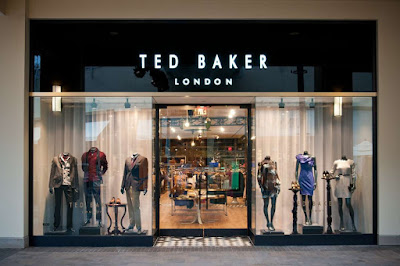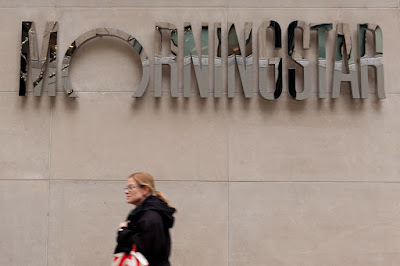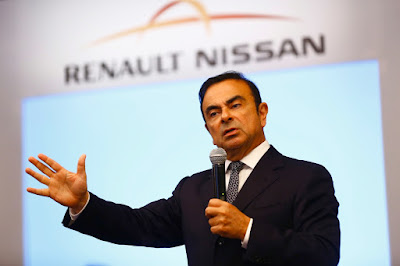RBS wins legal case against Morley – But it should not be a common victory

RBS has been the subject of so many posts here in Financial Regulation Matters it is hardly worth providing links, although most recently we were looking at updates on the notorious GRG division within the bank. Today, there was a ruling regarding the conduct of the bank and the Unit, which has caused RBS to celebrate. However, in this short post we will see that the case is so unique, that it really is not a predictor of how future cases will be heard (that is, if they are). We had looked at the case of Oliver Morley recently , a business man who had claimed that RBS owed him £100 million for the damage that was caused to his business portfolio once he entered into the GRG’s remit. The case was based around the concept of ‘economic duress’ and the processes that RBS initiated once Morley struggled to re-finance etc. In today’s case, heard by Mr Justice Kerr, the Judge ultimately ruled that the bank did not place Mr Morley under any economic duress and were not guilty of intimi







